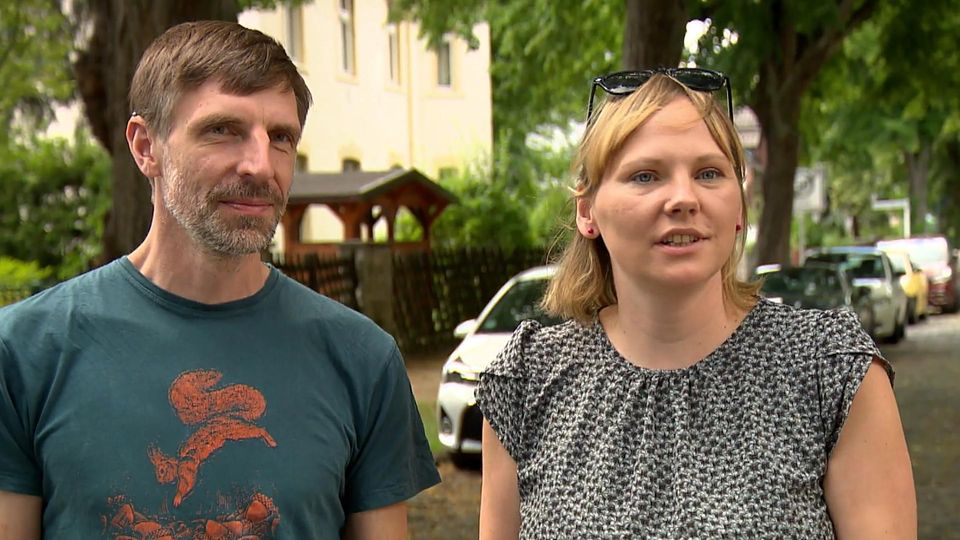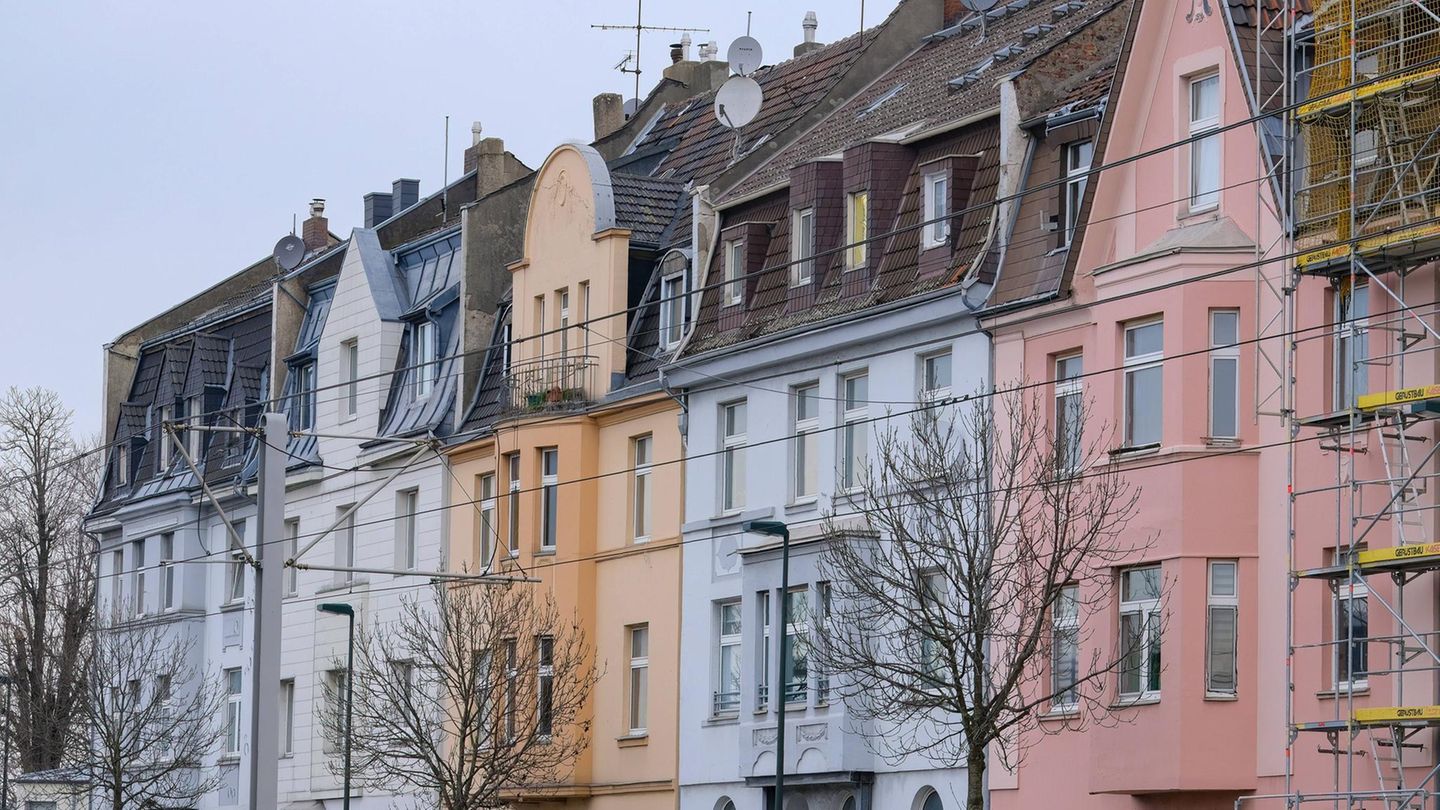A poor energy efficiency rating reduces the value of the property, scares away potential buyers and tenants – and can even increase the cost of the energy certificate.
By Erika Neufeld
All it takes is a quick look at the color scale from green to red to find out about the energy consumption of a property. Anyone who wants to rent or sell a house or apartment needs a so-called energy certificate, which provides information about the energy condition of a building. It should show those interested what consumption and the associated costs they might incur.
When the energy certificate requirement was introduced in 2007, the legislature wanted to achieve one thing above all: to make the operation of buildings more energy-efficient overall in order to achieve the 2030 climate goals. According to the Federal Environment Agency, existing buildings account for around 35 percent of final energy consumption and around 30 percent of Germany-wide CO2 emissions.
The plan seems to be working: since the ID requirement came into effect, the energy efficiency of a building has played an increasingly important role in both purchase and rental decisions.

Not all energy certificates are comparable
It is no wonder that the energy certificate has an influence, as it makes the energy performance of properties comparable. On the practical color scale, the range goes from A+, very energy-saving, to H, not energy-saving. The certificates also contain information about what measures could make the building more energy efficient, such as replacing windows or thermal insulation of the roof, loft or external walls. Those who can choose will usually choose the more economical property and not the energy guzzler.
However, there is a catch when it comes to comparability: There are two versions of energy certificates, the energy requirement certificate and the energy consumption certificate. As the names suggest, they calculate the energy requirements using different data and methods – so the results are ultimately not comparable.
“The requirements certificate shows the theoretical energy requirements of the building,” explains Christoph Barniske, who is responsible for offering energy certificates at ImmoScout24. “This is made up of various factors such as thermal insulation, heating technology and construction.”
The consumption certificate, on the other hand, provides information about the actual energy consumption of the residents based on the average energy consumption of the past three years. “The heating and utility bills for this period serve as the data source,” says the expert. In order to rule out particularly cold or mild winters distorting the assessment of a building, the consumption figures determined are converted to a Germany-wide average using so-called climate factors. The disadvantage: Depending on how the users of the house heat and ventilate and how often they are present, the characteristic values can also fluctuate.
Saving energy in the home
The best savings tips for everyone
Beware of dubious providers
While consumption certificates only require documents about the energy requirements of the past three years, those issuing certificates require extensive information about the building, which they use to calculate the energy requirement, explains Barniske. And that makes these ID cards significantly more expensive. Consumption certificates are available for less than 100 euros. Certificates of need, on the other hand, cost several hundred euros, with the cost drivers being the size of the building and the complexity of the effort. If different components and construction documents have to be recorded, it becomes significantly more expensive for the owner.
Nevertheless, owners should not be blinded by particularly cheap offers on the Internet, neither for the requirements nor for the consumption certificate. There are also dubious providers here who are primarily aiming at one thing: making quick money. Owners should check whether the online provider is actually allowed to issue energy certificates.
A good address to find a qualified energy consultant is: List of the German Energy Agency (DENA). The energy consultants listed here are authorized to issue energy certificates and are regularly checked for their qualifications. The consumer advice center also advises clients to have their authorization confirmed in writing by ID card issuers.

Price discounts of up to 50 percent for low energy standards
Ultimately, what is stated in the energy certificate affects the value of a property. A study by Immoscout24 shows: The worse the energy condition of a property, the greater the price reductions – greater in rural areas than in metropolises and large cities, according to a key result.
The price discount in metropolises for properties with energy class B compared to energy class A is on average 5 percent and for energy class C it is already 19 percent. In rural areas, the asking prices for properties with energy classes F, G and H are around 41 to 51 percent cheaper than for properties with energy class A. Renovating is more worthwhile than ever.
This article appeared firstwhich, like stern, is part of RTL Deutschland.
Source: Stern




